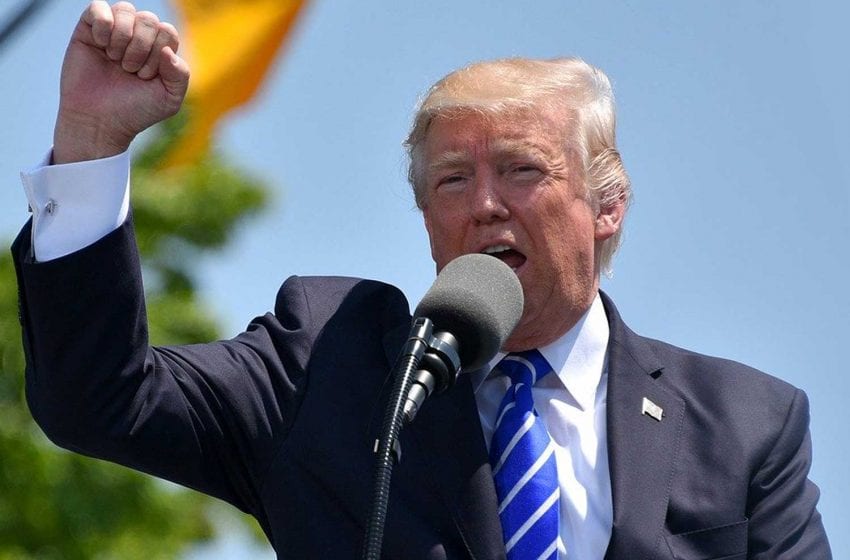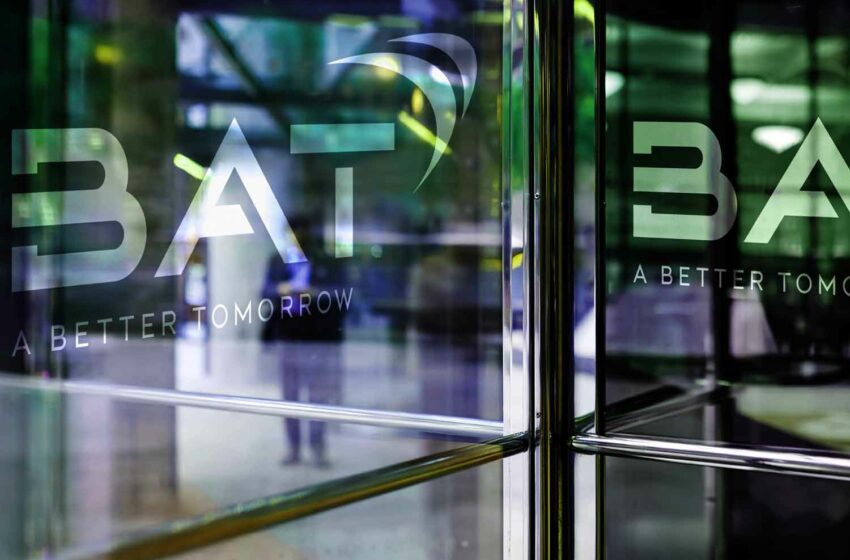According to CNN, the Trump administration has directed federal health agencies to pause external communications, such as regular scientific reports, updates to websites, and health advisories, according to sources within the agencies.
Contributors Brenda Goodman and Meg Tirrell wrote that the initial orders were delivered Tuesday to staff at agencies inside the U.S. Department of Health and Human Services, including to officials at the U.S. Food and Drug Administration, the U.S. Centers for Disease Control and Prevention and National Institutes of Health, according to the Washington Post, which first reported the story.
The direction came without warning and with little guidance as to what exactly it covered, according to sources inside the affected agencies who asked not to be named because they were not authorized to share the information.
In a follow-up memo obtained by CNN on Wednesday, Acting Health Secretary Dr. Dorothy Fink provided additional details, including that the directive would be in effect through February 1.
CNN reported that “The memo told health agency employees to have all documents and communications – including regulations, guidance, notices, social media, websites and press releases – reviewed and approved by a presidential appointee before issuing them. It also directed employees not to participate in any public speaking engagements without approval, and to coordinate with presidential appointees before issuing official correspondence to members of Congress or governors.”
“As the new Administration considers its plan for managing the federal policy and public communications processes, it is important that the President’s appointees and designees have the opportunity to review and approve any regulations, guidance documents, and other public documents and communications (including social media),” Fink said in the memo.
The directive also told employees to notify higher-ups of any documents or communications that should be exempt either because they’re required by law or because they’re critical for health, safety or other reasons. Already Wednesday morning, the FDA sent out a communication about a safety warning added to the multiple sclerosis drug glatiramer acetate, which goes by brand names including Copaxone, for a “rare but serious allergic reaction.”
According to the Washington Post, “The pause on communications includes scientific reports issued by the CDC, known as the Morbidity and Mortality Weekly Report (MMWR); advisories sent out to clinicians on CDC’s health alert network about public health incidents; data updates to the CDC website; and public health data releases from the National Center for Health Statistics, which tracks myriad health trends, including drugoverdose deaths.
Several health officials said they are wary of any messaging halt after the first Trump administration pushed to tightly control the agencies’ communications during the coronavirus response in 2020. Others, however, suggestedthe move is aimed at helping the newly installed Trump health officials understand the vast flow of information coming out of the agencies. The pause, according to one official who spoke on the condition of anonymity to describe internal agency conversations, “seemed more about letting them catch their breath and know what is going on with regard to” communications.










